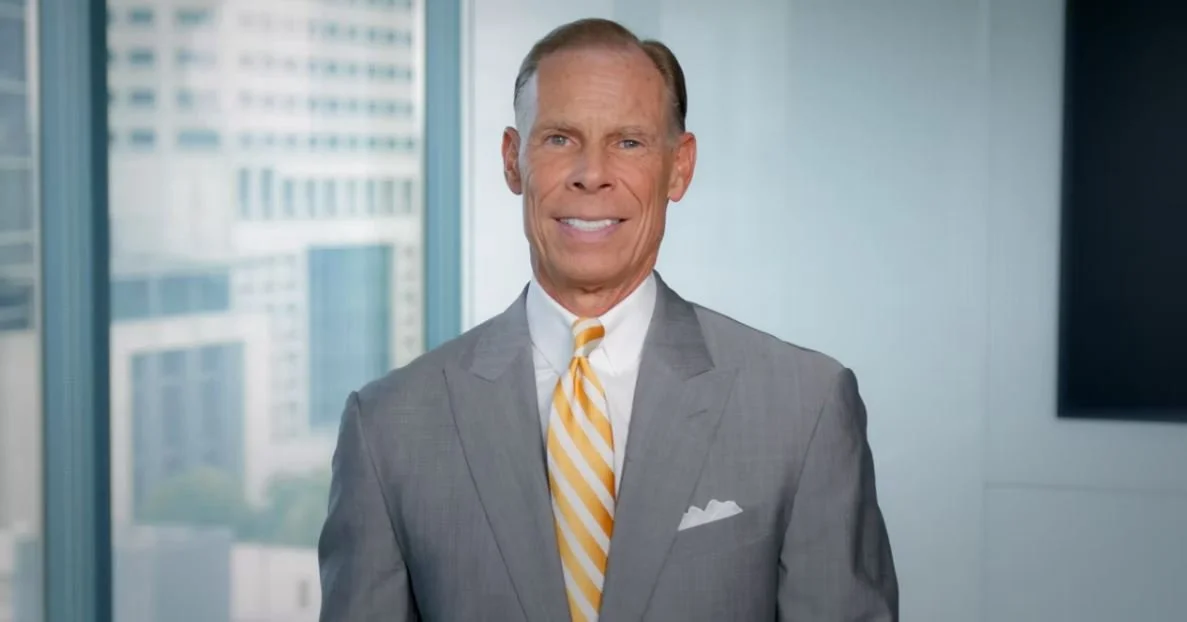All investor eyes were on the jobs report today and per usual, the economic data did—and did not—disappoint. The most recent report outpaced expectations, with 216,000 more jobs created in December compared to the estimate of 170,000.
Reflections
As we wrap up 2023, we always like to look back on the year in the markets and put the last 12 months in perspective. In December 2022, the S&P 500 had just finished an 8% rally from the October lows. With stocks still down close to 20% for the year, the outlook for 2023 looked bleak as forecasts by economists were overwhelmingly skewed toward recession.
Changing of the Guard
In an otherwise quiet week on Wall Street, the benchmark S&P 500 turned the page on one of its longest-running bear markets. Rebounding by over 20% from its October lows, the blue-chip index has officially surpassed the threshold marking a new bull market. What is notable about the advance from last fall’s lows is how few stocks have participated in the upturn.
King Dollar
The U.S. government has endorsed a “strong dollar” policy for much of the last thirty years. Besides sounding much better than the alternative, this messaging has reminded markets that the U.S. dollar remains the world’s reserve currency, despite frequent projections of its demise or threats to its dominance.
The Fed Is Raising Rates … Now What?
The Federal Reserve has maintained near-zero interest rates for nearly two years, and by now, it is clear this extraordinary policy is no longer needed. Over the last several months, continued elevated inflation readings, coupled with a tightening labor market, have led the Fed to suggest rate hikes are coming both sooner and faster than previously expected.
Respect
Rolling Stone magazine released its top 500 songs of all time this week. While some may argue that the top ten is missing several classics, they did rank Aretha Franklin’s “Respect” as the best of all time. We feel this song is also timely as we believe the U.S. consumer deserves “a little respect”.
Statement of Confidence
Federal Reserve Chairman Jerome Powell in testimony to Congress last week said that the increase in Treasury bond yields is a "statement of confidence" in a robust economic outlook.
Cole Quoted in Bloomberg
Originally appeared on Bloomberg.com on September 28, 2016
Stumpf’s Pay Cut Eclipsed by Fury as Yellen, State Join In
Wells Fargo & Co. Chief Executive Officer John Stumpf gave up $41 million to buy a reprieve from the bank’s widening scandal.
Marc Fovinci Quoted in Bloomberg News
Treasuries Hold Losses as Ukraine Tension Eases Before Jobs Data By Kevin Buckland and Mariko Ishikawa
The yield on benchmark 10-year Treasuries maintained the biggest gain since November amid speculation the crisis in Ukraine will ease, and before U.S. data this week forecast to show employers stepped up hiring.
Australian and Japanese government bonds retreated after Russian President Vladimir Putin said yesterday that there’s no immediate need to invade eastern Ukraine, limiting demand for havens. Treasury 10-year yields rebounded from a one-month low, surging back above their 200-day moving average after dipping below the mark this week for the first time since May.
“If the Ukraine situation de-escalates further, we should see higher rates, and that’s what we’re expecting,” said Marc Fovinci, head of fixed income in Portland, Oregon, at Ferguson Wellman Capital Management Inc., which has $3.5 billion in assets. “There’s still a risk-aversion premium in Treasuries.”
The U.S. 10-year yield was little changed at 2.69 percent as of 6:51 a.m. in London from yesterday, when it rose 0.1 percentage point, according to Bloomberg Bond Trader prices. The 2.75 percent note due February 2024 traded at 100 17/32.
Yesterday’s jump in 10-year yields was the biggest on a closing basis since Nov. 8. They touched 2.59 percent on March 3, the lowest since Feb. 4. A break above 2.7 percent would “mark a near-term yield base,” Credit Suisse Group AG analysts David Sneddon and Christopher Hine wrote in research today.
Australia’s 10-year government bond yields rose for a second day, climbing six basis points to 4.06 percent after the nation’s economy expanded faster than estimated. Japan’s 10-year benchmark yield rose one basis point to 0.61 percent.
Crimea Crisis
Russia would use the military only in “an extreme case,” Putin said in a press conference yesterday, signaling the crisis that provoked a standoff with the West and roiled global markets won’t immediately escalate.
Russian intervention in Crimea, which the U.S. condemned as a breach of Ukraine’s sovereignty, sparked demand for bonds of developed countries from the U.S. to Japan for their perceived safety, overshadowing the prospect of higher yields as the U.S. recovery gathers pace.
Treasuries are on track for their best quarter since the three months that ended in June 2012 after turmoil in emerging markets from Argentina to Turkey spurred demand for haven assets. The Bloomberg U.S. Treasury Bond Index (BUSY) has gained 1.8 percent since the end of last year.
U.S. Jobs
U.S. employers hired 150,000 workers in February, after adding 113,000 in January, according to a Bloomberg News survey before the Labor Department releases the figures on March 7. A report from ADP Research Institute today will show companies boosted payrolls by 155,000 last month after an increase of 175,000 in January, a separate Bloomberg poll estimates.
Employment gains for December and January were both less than economists forecast, depressed by winter storms.
“There’ll be some pretty severe weather impact on payrolls, making it another month of hard to interpret numbers,” said Ferguson Wellman’s Fovinci. “There are no roadblocks in the way of economic growth that we’ve seen.”
Federal Reserve Chair Janet Yellen reiterated on Feb. 27 that the central bank is likely to keep curtailing its stimulus. The central bank said on Dec. 18 it would trim its monthly bond purchases to $75 billion from $85 billion, before cutting by another $10 billion in January. The purchases are designed to hold down long-term borrowing costs and spur economic growth.












